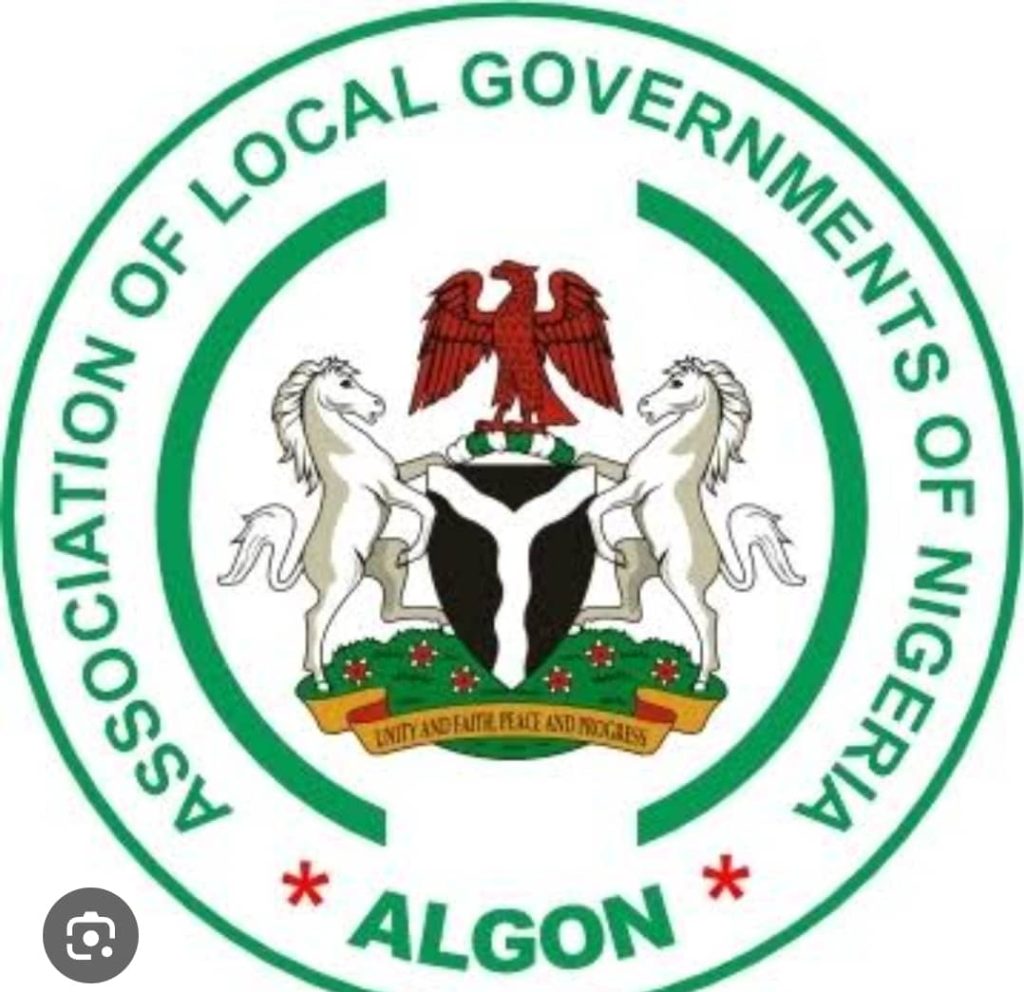The Central Bank of Nigeria has shed light on the recent decline in the nation’s foreign exchange reserves, clarifying that the main objective was not to defend the naira but to repay debts owed to creditors. This revelation came during the ongoing International Monetary Fund/World Bank Spring Meetings in Washington D.C, where CBN Governor Olayemi Cardoso addressed the issue.
Despite concerns raised by Nigerians over the significant drop in foreign reserves by $2.16bn in just 29 days, the CBN emphasized its commitment to minimizing market intervention. The bank aims to allow market forces to determine prices, promoting a system where buyers and sellers interact freely.
Cardoso highlighted that the recent decrease in reserves was unrelated to defending the naira and assured that an increase is imminent with an additional $600m expected soon. He emphasized the importance of a vibrant currency market with sufficient liquidity, reducing the need for intervention.
The governor also explained that the decline in reserves was a natural occurrence, influenced by debt repayments and incoming funds. He stressed the importance of maintaining credibility and market-driven price discovery.
Furthermore, Cardoso revealed a significant increase in forex liquidity under his leadership, with daily transactions reaching $1bn compared to $200m-$300m in previous administrations. He acknowledged the challenges faced upon assuming office but assured that steps were being taken to address rising inflation.
In a collaborative effort with the Ministry of Finance, the practice of using Ways and Means has been discontinued, reflecting the government’s commitment to sound monetary policies. The CBN’s focus remains on fostering a self-regulating market and ensuring financial stability for the nation.



